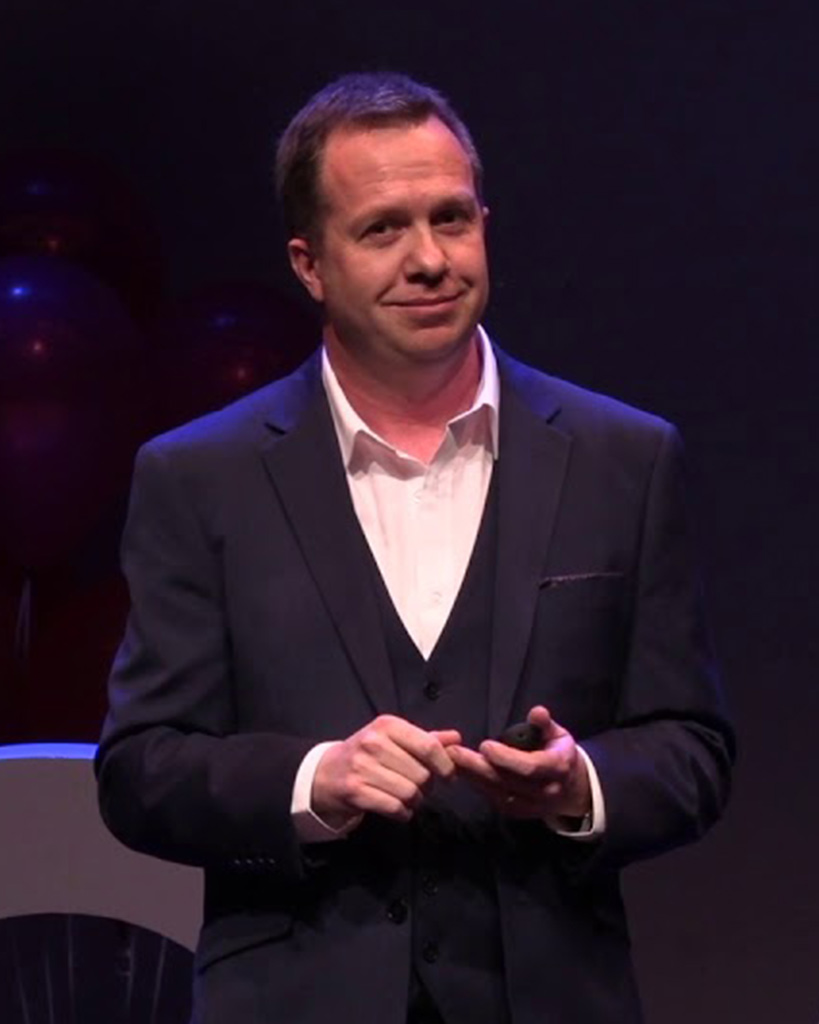<div> <h3><strong>Out with the old, in with the same issues</strong><strong> </strong><strong> </strong><strong></strong></h3> </div>
Fair and open disclosure: I despise New Year’s Eve and the hullabaloo that goes along with it. New Year’s Day is not so bad, mostly because of the peace and quiet, lack of traffic and general all-round tranquillity. This may be a view that comes with age, or maybe I’m just curmudgeonly and cynical. If you work in an emergency department, perhaps you were apprehensive for a whole different set of reasons.
It all seems like it was a long time ago now anyway. ‘Everybody — get back to work!’ A new year also presents challenges for those who work in mental health services. The dust has settled, the tree needs to be disposed of and the decorations need to come down. For many, there is also a financial ‘sugar crash’ as the bills start to roll back in and the main objective is to make one end of the month meet the other.
On the flip-side, I know a number of older people for whom it is a pleasure to watch the holiday period fade away. For some, Christmas and the New Year are simply another reminder of those they have lost, or another holiday period watching neighbours receive visitors, while their own doorbell remains untroubled.
You’ll no doubt also have waiting rooms bulging with people struggling with New Year resolutions. There should be a caveat issued to those who set their sights too high in terms of weight loss, exercise or other aspirations — setting unrealistic goals can be an invitation to self-criticism and those trying to change their lives should be counselled to do so in a realistic and achievable manner.
For those struggling with mental health issues — diagnosed or otherwise — there can be a beneficial side-effect of exercise. A 2013 study (<em>Depress Res Treat</em>, 2013: 132684), for example, showed that aerobic exercise can effectively reduce depression symptoms and improve some aspects of body-image attitudes in women. There are a plethora of studies out there to confirm this, but there is certainly a lack of awareness on exercise and mental health among the public; overall, I think we are just beginning to scratch the surface of the protective and therapeutic effects of physical exercise, both psychologically and physically.
‘Blue Monday’ is the third Monday each January and is supposed to be the most depressing day of the year, although this is a ruse thought-up by travel companies in an attempt to sell holidays, but some people buy into it. But fear not — the Catholic Church has the answer. It has allocated a saint — St Dymphna — to that day for those feeling blue to offer their prayers to. You couldn’t make it up.
<div> <h3><strong>Basket of care </strong></h3> </div>
‘Disease prevention’ and ‘early detection’ have almost become clichés, despite their importance. Sometimes there is little choice but to give patients the responsibility to watch out for warning signs, and sometimes it requires innovation to help out.
One such initiative in the UK caught my eye — it’s smart, practical, simple and if rolled-out on a more widespread basis, may save thousands of lives. In short, shopping centre car parks in Manchester will play host to mobile lung cancer screening units for those aged 55-to-74 years who are considered to be at risk.
The units, equipped with CT scanners, are also being placed in other community hubs. The service is aimed at smokers and ex-smokers and initial results in Manchester — where lung cancer is the single biggest cause of premature death — show that early diagnosis rates were quadrupled thanks to the scheme.
Some 2,500 people were scanned and one lung cancer was diagnosed for every 33 people screened. Most importantly, four out of five of these were spotted at an early, treatable stage.
The NHS is by no means perfect, but someone deserves a high-five for getting this initiative up-and-running. Aggressive, early detection has shown good results in breast and bowel cancer, so lung cancer seems like the logical next step.
<div> <h3><strong>Softening your resolve</strong></h3> </div>
A very happy and healthy New Year to all our readers, wherever they may be. Here are a few New Year’s resolution one-liners kindly sent to me recently.
‘A New Year’s resolution is something that goes in one year and out the other.’
‘My resolution was to read more, so I switched on the subtitles on my TV.’
‘My New Year’s resolution is 1,080 pixels.’
‘What do you call always having a date for New Year’s Eve? Social security.’
‘My New Year’s resolution is to help all my friends gain 10 kilos so I look skinnier.’
“New Year’s Eve, when auld acquaintances be forgot. Unless, of course, those tests come back positive.” <em>Jay Leno</em>.


